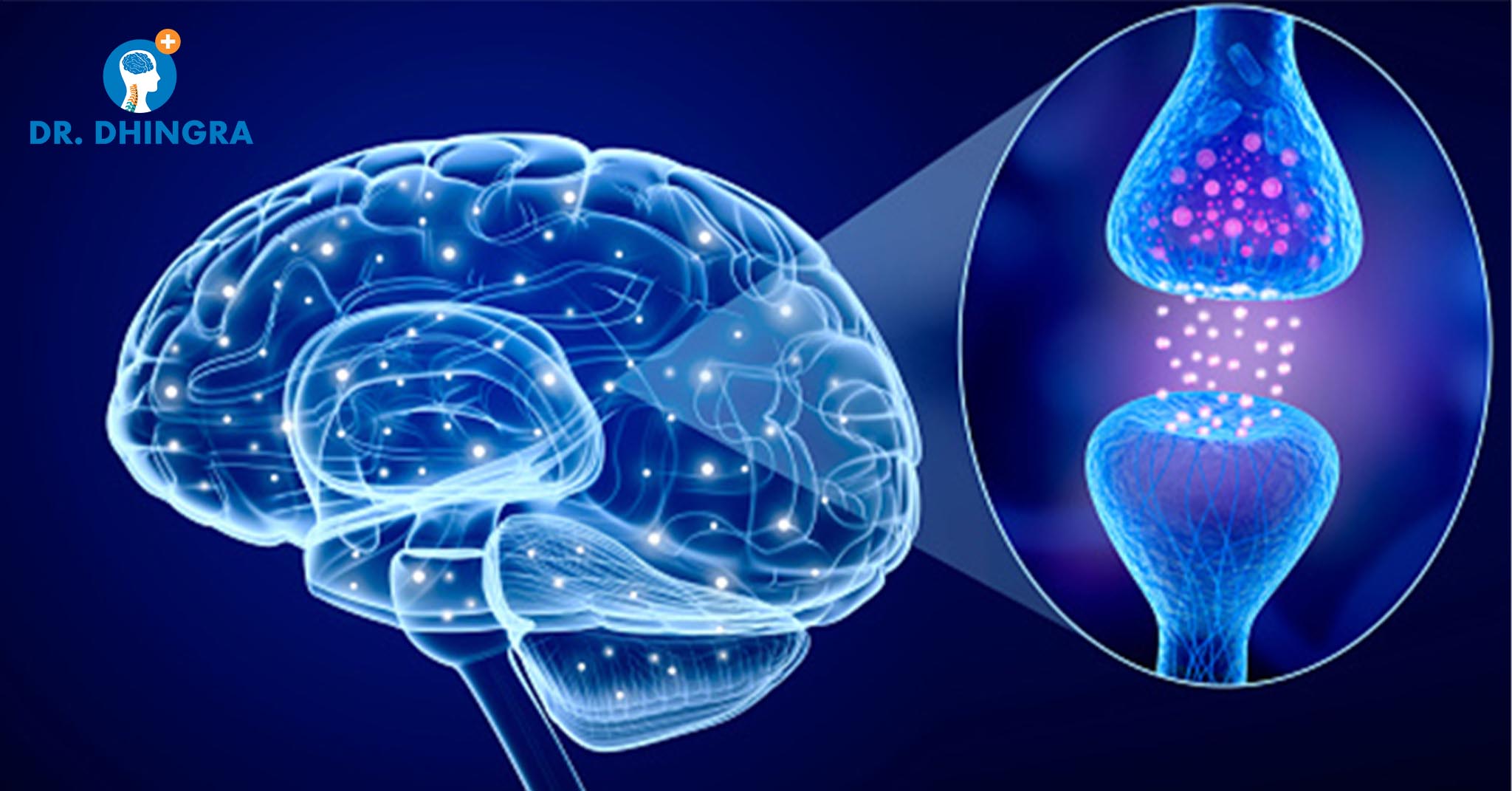Understanding Neurological Disorders: A Guide for Patients and Their Families
Neurological disorders encompass a broad range of conditions that affect the brain, spinal cord, and nervous system, impacting millions of lives worldwide. For patients and their families, navigating the complexities of neurological disorders can be challenging. In this blog post Dr Anil Dhingra the Best Neurosurgeon in Chandigarh will provide a comprehensive guide to help individuals understand neurological disorders, recognize common symptoms, explore available treatments, and offer support for those affected and their families. 1. Overview of Neurological Disorders: Neurological disorders cover a diverse array of conditions, including but not limited to epilepsy, multiple sclerosis, Alzheimer’s disease, Parkinson’s disease, and stroke. These disorders can affect cognition, movement, sensory perception, and various other functions controlled by the nervous system. 2. Common Symptoms: The symptoms of neurological disorders vary widely depending on the specific condition. However, some common symptoms include: Memory loss or cognitive decline Muscle weakness or paralysis Tremors or involuntary movements Seizures Headaches Numbness or tingling Changes in mood or behavior It’s important to note that experiencing one or more of these symptoms doesn’t necessarily indicate a neurological disorder, but it does warrant prompt medical attention for proper evaluation. 3. Diagnosis and Medical Evaluation: Diagnosing neurological disorders often involves a comprehensive medical evaluation. Neurologists, specialists in the field, utilize various diagnostic tools, including imaging tests, electroencephalograms (EEGs), and blood tests. A thorough medical history and examination are crucial components of the diagnostic process. 4. Treatment Options: Treatment for neurological disorders varies based on the specific condition, its severity, and the […]










